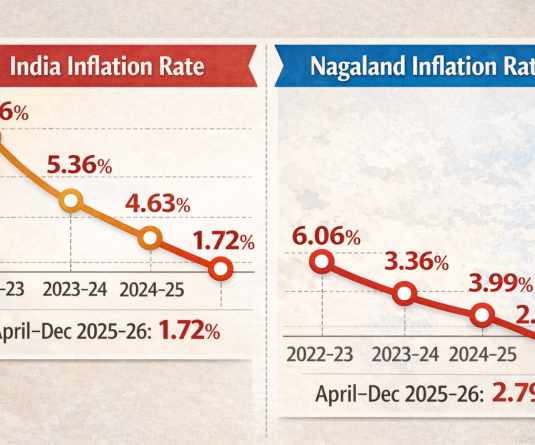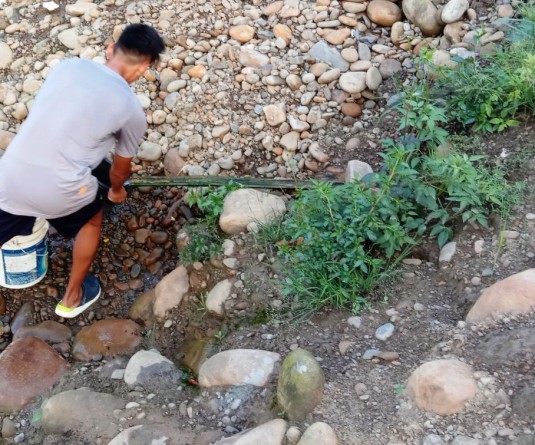
Villagers want Government to pass standing order
Chizokho Vero
October 26
KOHIMA (MExN): “Aji kaali napai tu.”(It’s not available these days). You will get this response from a vendor if you ask for wild animals and birds in the crowded Kohima Super Market, near Kohima College. Following the ban on sale of wild animals and birds, villagers have stopped bringing wild animals and birds to Kohima Super Market, a vendor told The Morung Express. The vendor said she has stopped selling wild animals and birds as she does not want to be caught by the police and be imprisoned.
In pursuance with the directive of the government in restriction of the killing of wildlife and fishing, scores of villages and NGOs have responded to it by framing various regulations and imposing fine against defaulters.
Many villages have started to refrain from giving wild animals and birds as gift to ministers or VVIPs. Now, the people want the government to issue a standing order related to action against defaulters for killing wild animals. They also feel that the government should assist the villages in helping maintain watchmen, protection from jungle burning, fencing, water holes and some feeding for animals within the reserved forest. Minister for Forests I Kheto Sema had urged upon villagers to conserve the bio-diversity, saying the State government was all set to take up the matter in a broader and comprehensive way. NGOs and Village Councils are involved in bio-diversity conservation progammes across the State. Sungratsu village under Mokokchung district has banned hunting and felling of trees within its reserved forest.
In Merangkong Bird Sanctuary, the community imposes a fine of Rs. 5000 if anyone is found hunting and fishing. Felling of tress, firewood collections and hunting has been banned in Khritomi-Naghuto Reserved Forest. It has set rules and regulation for protection of flora and fauna.
The Chakhesang Baptist Church council proposes to take up tree plantations along roadsides throughout Chakhesang areas. It also aims to take up slope cultivation, bamboo plantation and to convert single cropping into double cropping as cattle rearing is sought to be controlled. Tuophema village also imposed total ban on hunting. Fine is set at Rs. 1000 for a first offence. A repeat will cost Rs. 5000. A third offence will result in the black listing of the persons name and will subsequently cause him to be excommunicated from the village.
Culture guard Mezoma is committed to refraining from hunting, fishing flower collection, felling of trees and burning of jungles, said Rajuselie Lhousa.





